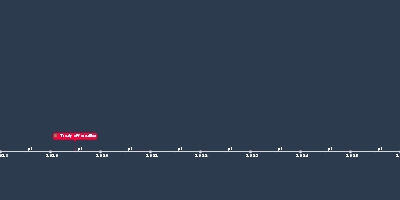9 nov 1918 - The Weimar Republic
Description:
The Weimar Republic, or officially called the German Reich, was a name given to the German Government between the end of the Imperial period (1918) and the beginning of Nazi Germany (1933).The Weimar Republic took the burden of all the humiliation of WW1 and the blame for starting the war. It had to deal with things such as the huge cost of reparations and land loss of some of the most productive areas in Germany due to the Treaty of Versailles, and the huge inflation and depression that was caused by these high reparations.
The Great Depression had disastrous effects on the Weimar Republic. As France and Britain were pressing Germany for more reparation money to fix their own Depression, the German Chancellor cut spending on programs for those in need, which caused unrest and a general dislike of the Weimar system. This lead to more and more extremist parties being formed, and Elections began to be held more frequently.
By drawing together the Nationalist parties into his Nazi Party, the Weimar Republic was ended with Hitler's placement as Chancellor in 1933.
References;
United States Holocaust Memorial Museum (2019). The Weimar Republic. [online] Ushmm.org. Available at: https://encyclopedia.ushmm.org/content/en/article/the-weimar-republic.
Ajouté au bande de temps:
Date:
9 nov 1918
Maintenaint
~ Il y a 106 ans
